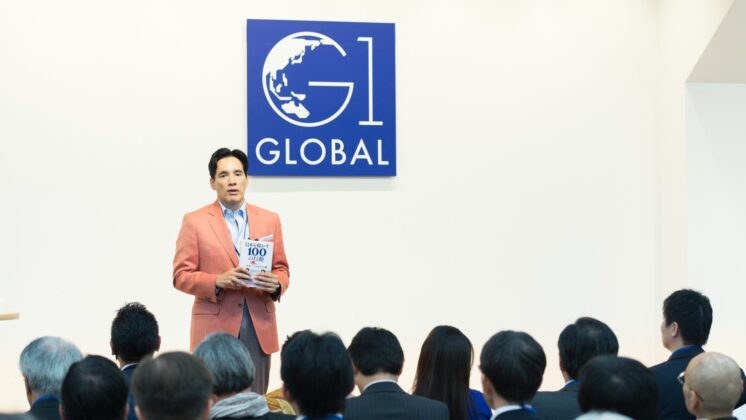In the international arena, decisions are made by leaders, who are people of emotion and will. There are two powers that influence these people of emotion and will: one is communication and the other is personal networks. However, a low awareness of the importance of communication and weak international networks are traits of many Japanese. It is necessary to enhance these to increase the country’s influence on the international stage.
1. Bolster the Strategic Overseas PR Functions of the Prime Minister’s Office!
In the Abe Cabinet inaugurated in 2012, an “External Public Relations Strategy Planning Team” was established in the Prime Minister’s Office under the initiative of Deputy Chief Cabinet Secretary Hiroshige Seko. In addition, the number of personnel and the budget for the Public Relations Office of the PMO were significantly increased, indicating the government’s intention to enhance the strategic overseas PR functions. The Abe Cabinet is also the first Cabinet to hire permanent speechwriters from the private sector. It is important for the Prime Minister’s Office to serve as the command post to identify media trends and public opinion in leading countries and take actions to strengthen favorable public opinion.
2. Use Key International Conferences to Put Across the Voice of Japan!
It is extremely important to make the voice of Japan heard globally by using key international conferences to communicate and build networks. Particularly with respect to forming world opinion, it is important for Japanese government officials, corporate executives, opinion leaders and others to actively participate in the annual meetings in Davos and other regional meetings of the World Economic Forum, which have a tremendous influence on international politics and economics, to express their opinions and build networks.
Since I presented my view about Japanese leaders at Davos in “100 Actions,” their attitude toward their involvement in these meetings has changed significantly. Their active efforts include the keynote speech delivered by Prime Minister Abe in 2014, participation by three ministers in 2015, and the issuing of an invitation to hold World Forum on Sports and Culture in Japan in 2016. A majority of influential global leaders gather in Davos during the meetings. It is important for Japan to further improve its presence at Davos meetings and in other international settings into the future.
3. Improve Japan’s International Broadcasting!
The Chinese government is using CCTV to establish a system of international broadcasting in each of the six official languages of the United Nations: Chinese, English, Spanish, French, Arabic and Russian. China Radio International, meanwhile, is broadcasting news targeting users of Apple’s iPhone.
The number of countries in which NHK World TV, Japan’s international broadcaster, previously offered programming was very small. Since I raised this issue in 100 Actions, the government has deliberated it and, as of 2015, the NHK service can be viewed 24 hours a day in some 150 countries and regions via satellite and cable. More efforts should be made to improve the contents of other media to enhance the presence of Japan overseas.
4. Actively Communicate through Ambassadors and Consul-Generals!
Ambassadors and consul-generals of overseas diplomatic missions are representatives of their governments and their words and actions have a great impact on foreign countries and the local communities in which they are based. One good example was the U.S. Ambassador to Japan (2009-2013), John Roos, who tweeted in both English and Japanese. The power of communication of Japan’s diplomatic service at the local level should be further enhanced through various efforts, including the assignment of highly competent personnel from the private sector.
Diplomatic power cannot be enhanced overnight. Making constant efforts to raise the level of each type of power over ten and 20 years will eventually bear fruit. A novel entitled “Sakano ue no Kumo” (Clouds over the Hill) relates the story of how Japan, a small country, gained power over a 30-year period following the Meiji Restoration until it was finally strong enough to take on Imperial Russia. There are many sources of anxiety in Japan today, such as the shrinking population and the country’s declining economic power. Emerging powers are also threatening Japan. All the more because of these concerns, it is important for Japan to steadily work on enhancing the sources of its power one by one and, through diplomacy, to make Japan’s voice better heard.



